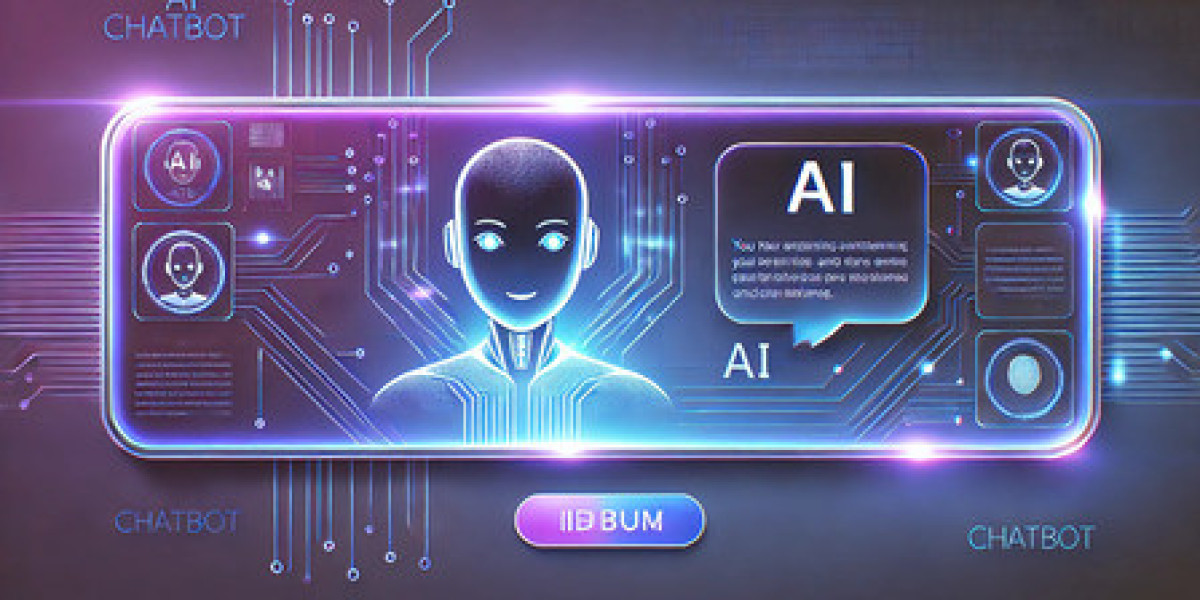Businesses constantly seek efficient ways to handle customer service. Over the years, AI chatbots have gained popularity as companies aim to automate responses, reduce costs, and provide quick solutions. At the same time, human support remains essential in delivering personalized experiences, empathy, and critical problem-solving. The debate over whether businesses prefer AI chatbots or human support continues to grow. Some companies rely solely on automation, while others maintain a balance between both methods. This blog examines the benefits, drawbacks, and preferences of businesses regarding AI chatbots versus human support.
The Role of AI Chatbots in Customer Support
AI chatbots have transformed how businesses interact with customers. These automated systems are programmed to handle common queries, resolve basic issues, and provide information without requiring human intervention. Companies that deal with high volumes of customer interactions often integrate chatbots to streamline operations.
Benefits of AI Chatbots
Availability 24/7 – Unlike human agents, AI chatbots do not require breaks or sleep. They operate round the clock, making them highly efficient for global businesses.
Instant Responses – Customers expect quick solutions. Chatbots respond within seconds, improving user experience by minimizing wait times.
Cost Efficiency – Businesses save money by reducing the need for large customer support teams.
Handling Multiple Queries – AI chatbots can manage thousands of conversations simultaneously, something human agents cannot do.
Consistency – They provide the same level of service to all customers, eliminating human errors or mood-based inconsistencies.
Limitations of AI Chatbots
However, AI chatbots are not without their flaws.
Lack of Human Touch – Chatbots struggle with emotional intelligence, which can lead to frustration when customers seek empathetic responses.
Limited Problem-Solving Ability – AI chatbots are only as good as their programming. Complex or unusual issues often require human intervention.
Misinterpretation of Queries – Sometimes, chatbots fail to understand the context of a request, leading to incorrect or irrelevant responses.
Dependence on Pre-Defined Scripts – AI chatbots work based on data and predefined scripts, limiting their adaptability in dynamic situations.
The Importance of Human Support in Customer Service
Despite the advancements in AI, human support remains a crucial part of customer service. Businesses that prioritize customer satisfaction recognize that some interactions require a personal touch.
Benefits of Human Support
Empathy and Emotional Intelligence – Human agents can read emotions, adapt their tone, and offer comfort to frustrated customers.
Complex Problem Solving – When issues go beyond standard troubleshooting, human agents analyze, interpret, and solve problems in ways that AI chatbots cannot.
Adaptability – Unlike chatbots, human support teams can think creatively and adjust responses based on the situation.
Building Relationships – Personalized interactions foster customer loyalty, which is essential for businesses focused on long-term relationships.
Flexibility in Communication – Human agents can switch between different tones, languages, and styles of communication, making conversations more effective.
Challenges of Human Support
While human support has significant advantages, it comes with its own set of challenges.
Higher Costs – Hiring, training, and maintaining a support team requires a substantial budget.
Limited Availability – Unlike chatbots, human agents work in shifts, making 24/7 support expensive for some businesses.
Slower Response Times – During peak hours, customers may experience long wait times before speaking to a human representative.
Inconsistencies – Different agents may provide varying responses, which can affect customer satisfaction.
AI Chatbots and Human Support: A Hybrid Approach
Many businesses have found a middle ground by combining AI chatbots with human support. AI handles routine inquiries, while human agents step in for more complex issues. This approach ensures efficiency while maintaining quality service.
How Businesses Implement a Hybrid Model
AI for First-Level Support – Companies use chatbots for FAQs, order tracking, and basic troubleshooting before escalating issues to human agents.
Seamless Handover to Humans – When a chatbot reaches its limitation, it smoothly transfers the conversation to a human support representative.
AI Assistance for Human Agents – Some businesses use AI tools to assist human agents by suggesting responses or retrieving relevant information faster.
Business Preferences: AI Chatbots or Human Support?
Preferences vary based on industry, business size, and customer expectations.
Industries That Prefer AI Chatbots
E-commerce – Online stores use AI chatbots for order tracking, refund processing, and general inquiries.
Banking and Finance – Chatbots handle balance inquiries, transaction details, and fraud alerts efficiently.
Travel and Hospitality – Businesses use AI to provide flight updates, hotel bookings, and automated check-ins.
Industries That Rely More on Human Support
Healthcare – Patients prefer speaking to humans for medical advice and sensitive health concerns.
Legal Services – Law firms require human expertise to handle legal inquiries and consultations.
Luxury Retail – High-end brands prioritize personal interactions to maintain premium customer service.
The Future of Customer Support: AI or Humans?
As AI technology evolves, businesses will likely continue adopting chatbots. However, human support will not become obsolete. Companies that value customer relationships will always require human interaction in some capacity.
The use of All AI Tools has improved chatbot capabilities, making them more intelligent and responsive. Even though AI has its advantages, companies recognize that a balance between automation and human support creates the best customer experience.
Meanwhile, businesses exploring AI for more personalized interactions have developed tools like AI girlfriend creator, which showcases how AI can simulate human-like conversations in various applications. These innovations indicate that AI will continue improving, but it may never fully replace human support.
Conclusion
AI chatbots and human support each have unique strengths and weaknesses. Businesses prioritize efficiency, cost savings, and availability when opting for AI chatbots, while those valuing personalization, empathy, and complex problem-solving continue relying on human support. Many companies now prefer a hybrid approach to maximize the benefits of both methods. While AI chatbots will continue to evolve, human interaction remains irreplaceable in many industries. The future of customer service will likely involve a strategic combination of both AI and human expertise to provide the best experience for customers.









